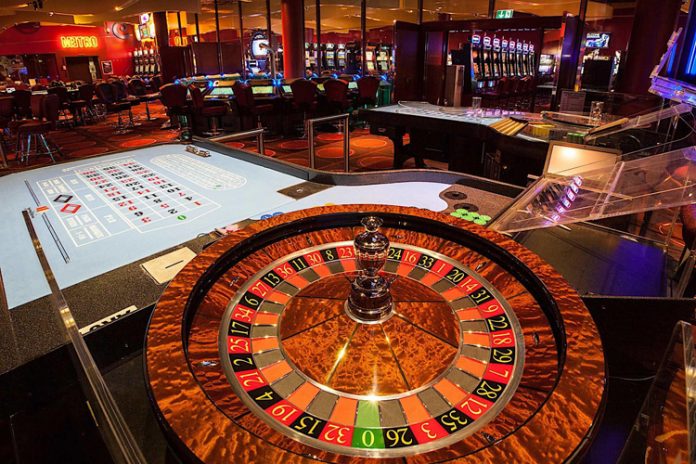Sri Lanka’s gaming and casino sector has rapidly moved from a niche leisure offering into a high-visibility—and high-stakes—component of the island’s tourism and investment landscape.
As integrated resorts, foreign operators and local licensees expand operations in and around Colombo, calls for a clearer, socially responsible regulatory framework have grown louder.
Observers say the industry’s tax and revenue contribution is increasingly material to public finances and local jobs, but publicly available, consolidated data on casino turnover and tax receipts is limited—making effective policy and social-risk management difficult.
Veteran operator Ravi Wijeratne and Rank Entertainment Holdings (Pvt) Ltd. have crystallised those tensions in a civil suit filed before the Colombo Commercial High Court, seeking Rs. 15 billion in damages from Waterfront Properties (Pvt) Ltd., John Keells Holdings PLC, Hong Kong-listed Melco Resorts & Entertainment Ltd., and Blue Heaven Services (Pvt) Ltd.
The plaint alleges breach of contract and unlawful disclosure and use of commercially sensitive information that Rank says it developed over a decade of collaboration and planning for the casino space at the Cinnamon Life integrated resort.
When the matter was heard before Judge M.Y.M. Irsadeen on Tuesday (5), the court directed the defendants to file their answers by November 12, 2025.
According to the plaint, Rank Entertainment and Mr. Wijeratne entered into continuous dealings with Cinnamon Life and John Keells from 2013, maintaining an inactive casino licence—paid for with millions in licence fees to the government—on the understanding that Rank would be allocated the casino space at Cinnamon Life.
The plaintiffs say they invested heavily in design, planning and proprietary commercial information on that basis, only to find the casino space operating under Melco Resorts (through its local entity Blue Heaven Services) and thereby losing the opportunity to operate the venue.
The dispute follows the high-profile launch of Melco’s City of Dreams operation in Colombo, a development that has prompted bold comparisons—some argue Sri Lanka could evolve into a major South Asian gaming hub, even drawing comparisons with Macau. International consultancy
MTI, however, has urged caution: while a strong casino sub-brand can deliver economic gains, MTI warns against letting gambling dominate the country’s national brand. The firm advocates a curated approach that embeds casinos within a broader tourism offering—natural landscapes, cultural heritage and conservation—rather than allowing gambling to define the island’s identity.
Industry watchers say that careful, transparent regulation is essential not only to capture fair tax revenue, but to mitigate social harms associated with gambling. MTI recommends studying regulatory models employed by jurisdictions such as Malta, Denmark, Singapore and Hungary—places that attempt to balance revenue goals with consumer protections and social safeguards.
The current legal battle highlights deeper governance issues: disputes over licences, undisclosed commercial information and the entry of large foreign operators all point to the need for clearer licensing rules, stronger intellectual property protections for commercial know-how, transparent tax reporting by licensees, and robust social-responsibility rules (including anti-money-laundering safeguards and problem-gambling mitigation).
Reliable, consolidated figures on individual casinos’ annual turnover and the exact tax revenue flowing to the state remain patchy in public sources.
For policy that balances growth with social protection, the government will need transparent reporting from operators and a regulatory review that clarifies licence allocation, revenue-sharing and community safeguards. Until then, Sri Lanka’s ambition to capture tourism and investment from integrated resorts will remain shadowed by legal fights and unanswered questions over who benefits—and who bears the risks.
